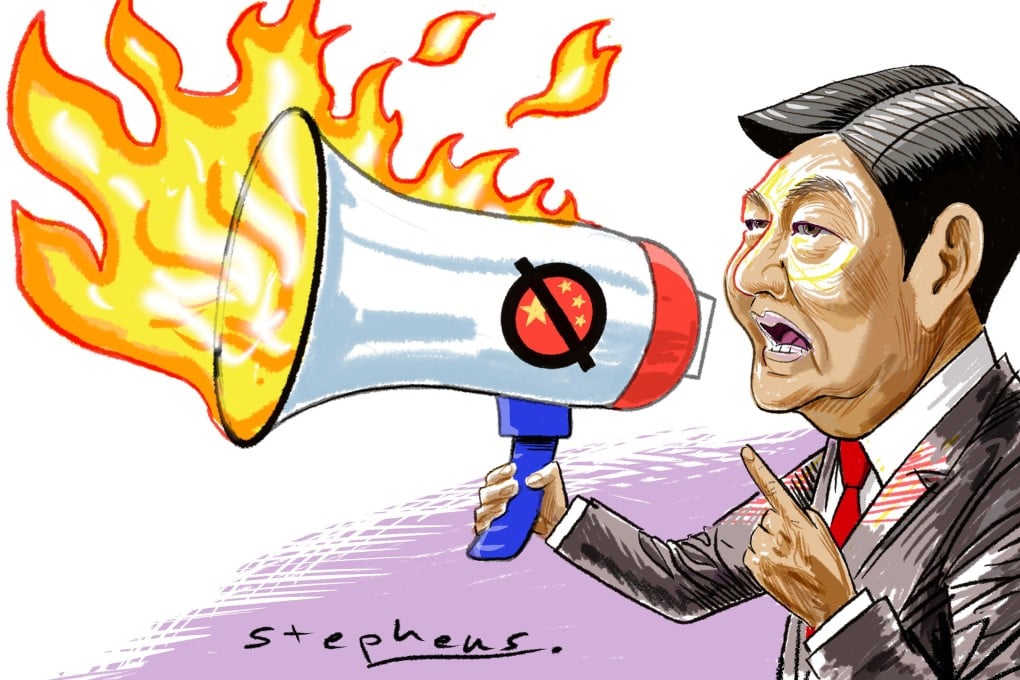Advertisement
Opinion | ‘Gutter talk’: is Manila overcorrecting its China policy post-Duterte?
- Assertiveness from the Philippine political and defence establishment is understandable after previous passivity but risks adding fuel to fire, particularly in the South China Sea
- Manila must seek to diplomatically manage the disputes and preserve its sovereign rights from a position of strength
Reading Time:4 minutes
Why you can trust SCMP
8

In the latest sign of increasing Sino-Philippine tensions, the Philippine defence secretary has hit out at Beijing for criticising President Ferdinand Marcos Jnr’s congratulating of Taiwan’s newly elected leader.
Advertisement
“It is unfortunate that [China’s] ministry of foreign affairs spokesperson stooped to such low and gutter-level talk,” Gilbert Teodoro said, accusing Beijing of “resorting to insulting our president and the Filipino nation”. This was in response to the ministry warning that Manila should abide by the one-China principle and “refrain from playing with fire”.
Last September, a Philippine military spokesman called China’s coastguard a “misplaced bully” after maritime encounters in disputed South China Sea territory. Ahead of midterm elections next year, top Filipino legislators have joined the fray, adopting increasingly bellicose statements against China amid rising tensions.
As if that weren’t enough, the military has announced that the Philippines will fortify its facilities on disputed features in the South China Sea.
After six years of Beijing-friendly foreign policy under former president Rodrigo Duterte, the Philippine political and defence establishment has embraced an uncompromising stance on maritime disputes with China.
Advertisement
While they may see this as a justified response and a noble attempt at preserving their country’s sovereign rights, the Philippines should also be wary of overcorrecting its China policy. Otherwise, the two rival claimants may sleepwalk into dangerous waters.

Advertisement
